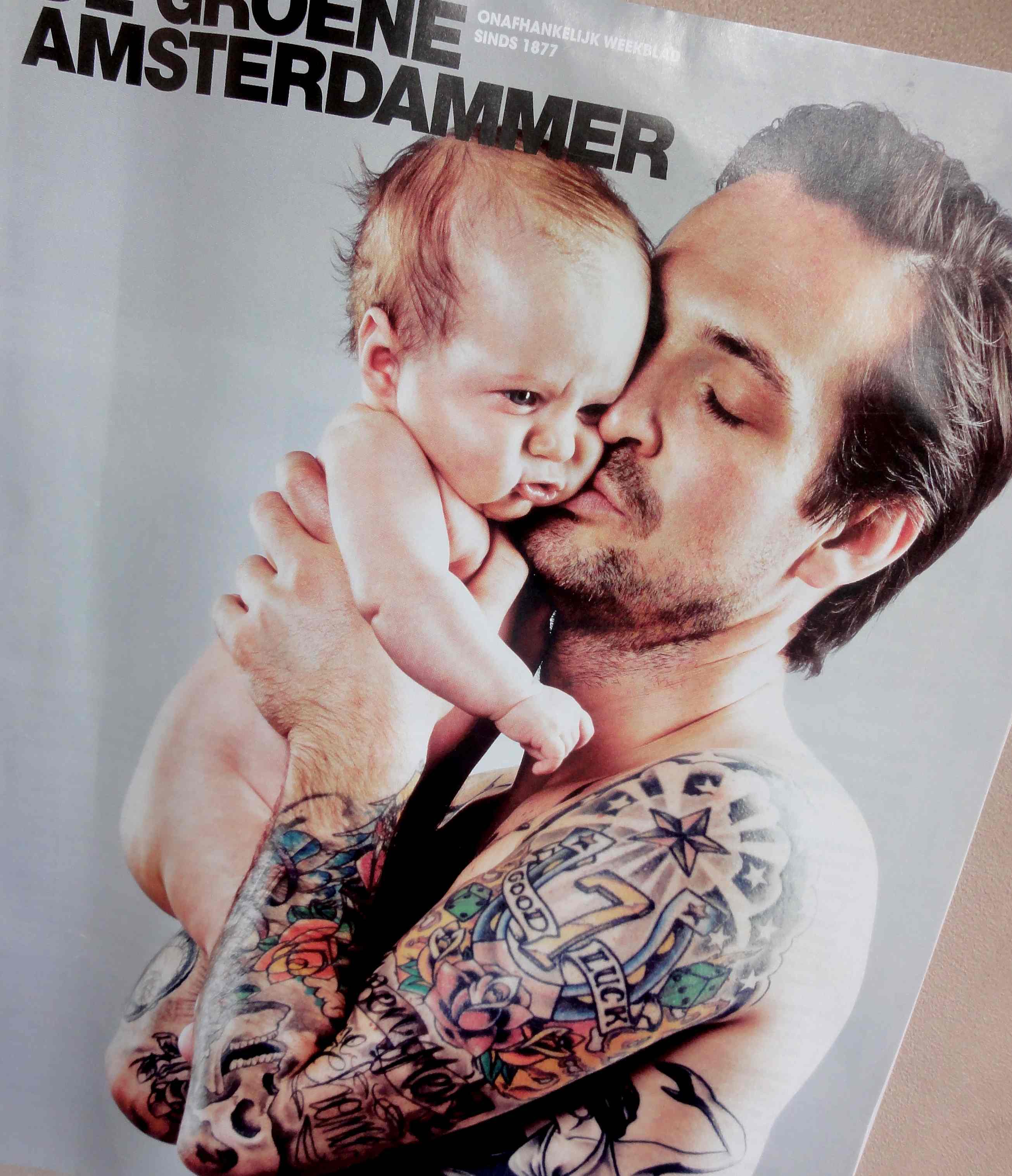 Fathers Day was celebrated in many European countries yesterday, the third Sunday in June. For various historical reasons, most of Switzerland marked this day two weeks ago, Austria and Belgium last weekend and most Nordic countries will wait until November.
Fathers Day was celebrated in many European countries yesterday, the third Sunday in June. For various historical reasons, most of Switzerland marked this day two weeks ago, Austria and Belgium last weekend and most Nordic countries will wait until November.
Down under in Australia and New Zealand, fathers will be honoured in September. But most of Europe follows the American lead, where the day was initiated about a century ago. Contrary to popular misconception, the original initiative was not simply a commercial gimmick, although traders of men’s gift items were quickly brought on board to boost the day’s popularity.
Listening to a Mother’s Day sermon in a Spokane, Washington, church in 1910, Mrs. Sonora Smart Dodd decided to honour her widowed father, a Civil War veteran who had raised his six children alone. The Spokane YMCA supported Sonora’s proposal for a local Father’s Day celebration, which took place on the following third Sunday of June. Newspaper reports of the event caught the attention of politicians nationwide. Soon President Woodrow Wilson began to observe the day in his own family. Eventually in 1972 Richard Nixon signed the day officially into American law. Now many countries around the world have followed suit.
Obsolete?
In addition to honouring fathers, it’s worth pausing on such an occasion to think about the concept of fatherhood. For not only has ‘motherhood’ become an outdated, bourgoisie, default role for those lacking talent, ambition and sex-appeal, ‘fatherhood‘ too threatens to become obsolete on a continent where the human species seems to have decided to die out.
Okay, I exaggerate… a little. That’s not the full story. Last Christmas I picked up a copy of a Dutch leftist magazine with a cover photo of a heavily tattooed father holding a newly born infant (no tattoos yet). That image stood out among traditional madonna-and-child covers on the other Yuletide magazines. Was this a parody on the Bethlehem story? No, the whole extra thick edition adressed issues of fatherhood in today’s ‘fatherless society’. Violence against ambulance workers or football refs and disrespect for teachers and other authority figures suggested for many that authority was no longer accepted in an egalitarian society.
However today’s fathers, according to the magazine, were looking for new expressions of authority, different from yesterday’s patterns. ‘Superfathers’, for example, worked less and took time with their children, and shared more in household duties. And few wanted to return to a patriarchal society.
Fatherhood, the magazine concluded, will remain a topic of much public discussion and experimentation. Yet, where does this concept come from? Nature, of course! Somehow over a long period of time, human beings eventually emerged, as did other animal species, each offspring having a father, whom they may or may not know.
But what if we push that idea back to the very beginning? First there was nothing. Then suddenly–Bang!–things started happening. For some unfathomable reason, life forms emerged, each with an irrational urge to reproduce (reason can’t come from matter, right?). But why? Why should an essentially materialistic universe produce an urge to reproduce? By some incredible stroke of luck, reproduction happened to be possible because of an inexplicable male and female complementariness. And that urge to reproduce is passed on from generation to generation.
Until the current generation of course. For now we have invented sterile, fatherless, same-sex marriage. And since we’ve presumed the right to reinvent marriage, what other minorities will need to be given equal rights? Threesomes? Foursomes?
Self-evident?
For equal rights is what it is all about, we’re told. As in times past it was about the abolition of slavery. The Declaration of Independence affirmed as self-evident that all men were created equal. Apparently it wasn’t self-evident to all–it took another 90 years before slavery was abolished in the US.
Today it is ‘self-evident’ that we should all have equal rights, to live together in brotherhood and freedom. But where do those ideas come from? As Vishal Mangalwadi says, in his native India those ideas are not seen as self-evident; only in those countries with Christian backgrounds dare people make such claims.
Can we talk about equal rights if we are the products of a materialistic evolution in which only the fittest survive? No, equal rights are rooted in the recognition that each of us is created in the image of our Father God. Brotherhood is only possible because of fatherhood. And fatherhood is begotten in the Creator.
All of which is to be found in the first book of the Bible. Nowhere else.
Till next week,
Jeff Fountain
Till next week,
